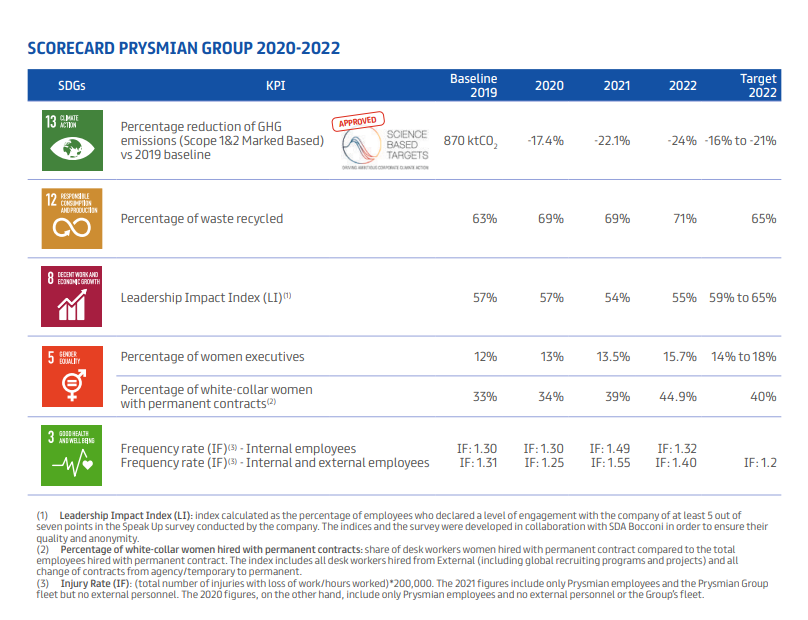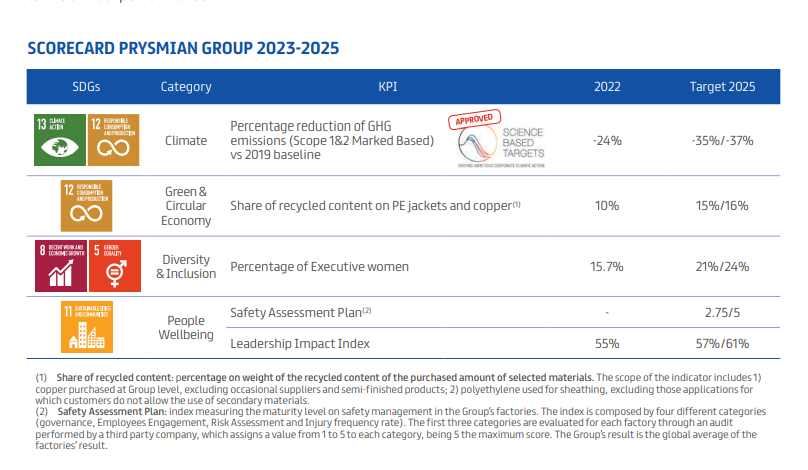As the world confronts pressing environmental threats and challenges, the call for sustainability has transcended beyond the realm of individual responsibility. It has become increasingly evident that businesses play a pivotal role in shaping the future of our planet. In the face of climate change, resource depletion, and social inequality, the importance of sustainability has never been more pronounced, and the role of businesses in this fight has never been more crucial.
Sustainability is no longer a mere choice; it is a strategic imperative. Businesses are not only engines of economic growth but also agents of change. They possess the influence, resources, and transformative potential to drive sustainable practices and shape a more equitable and resilient future. By recognizing the interconnectedness between profitability and sustainability, forward-thinking businesses can create positive societal impact while securing long-term success.








